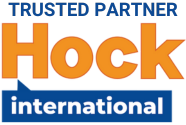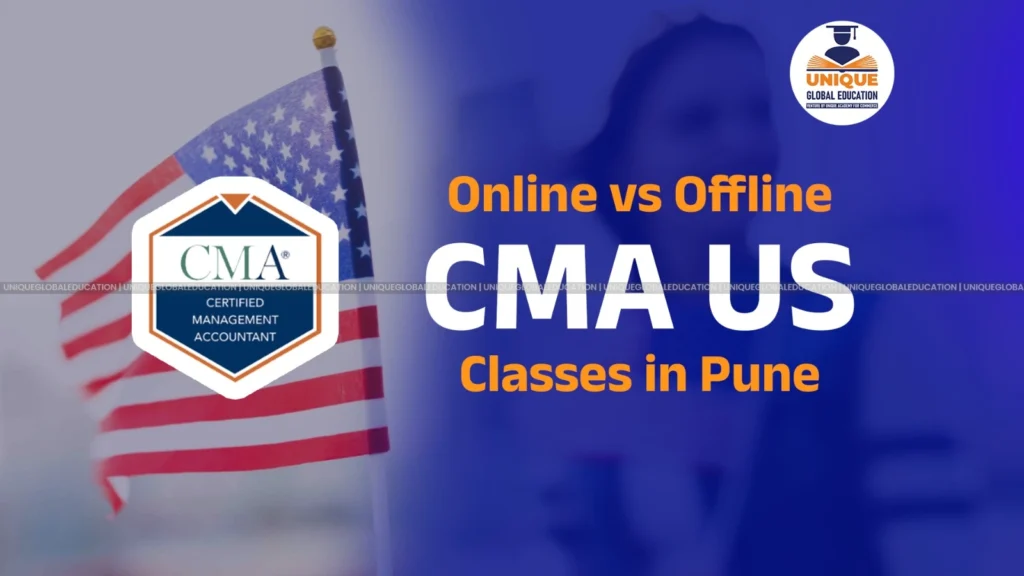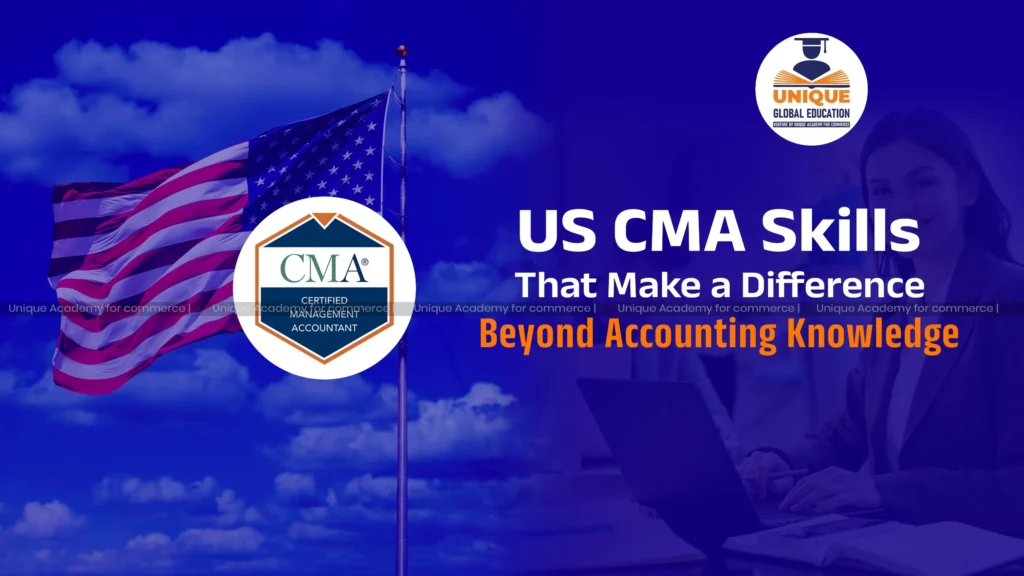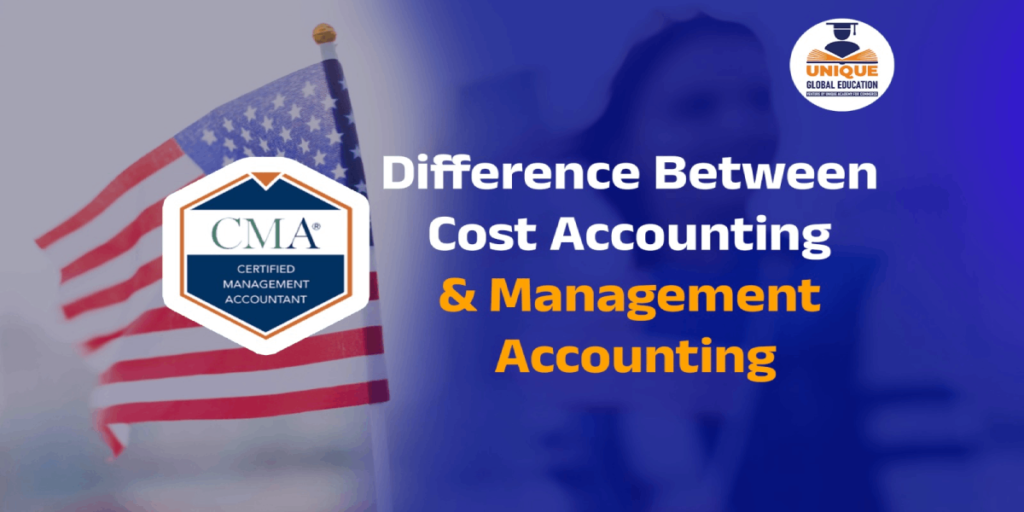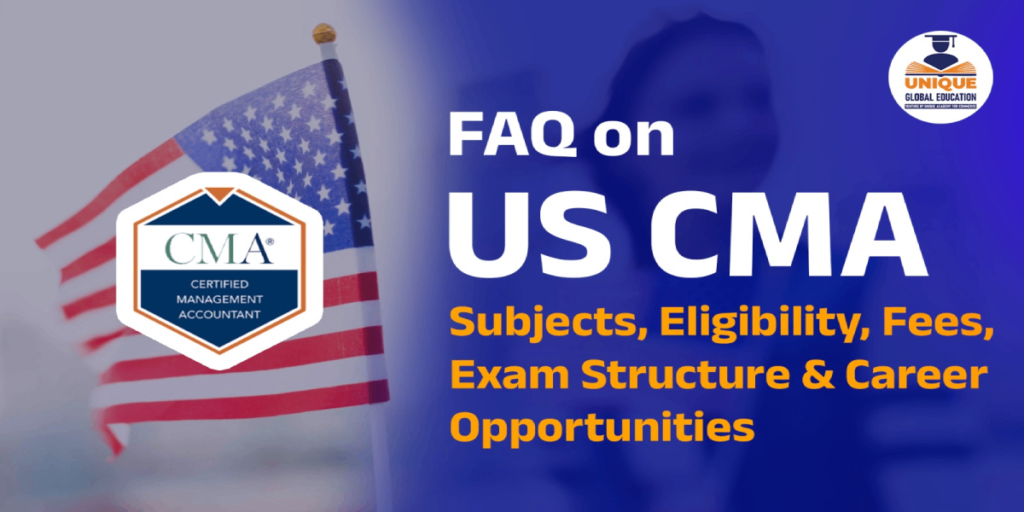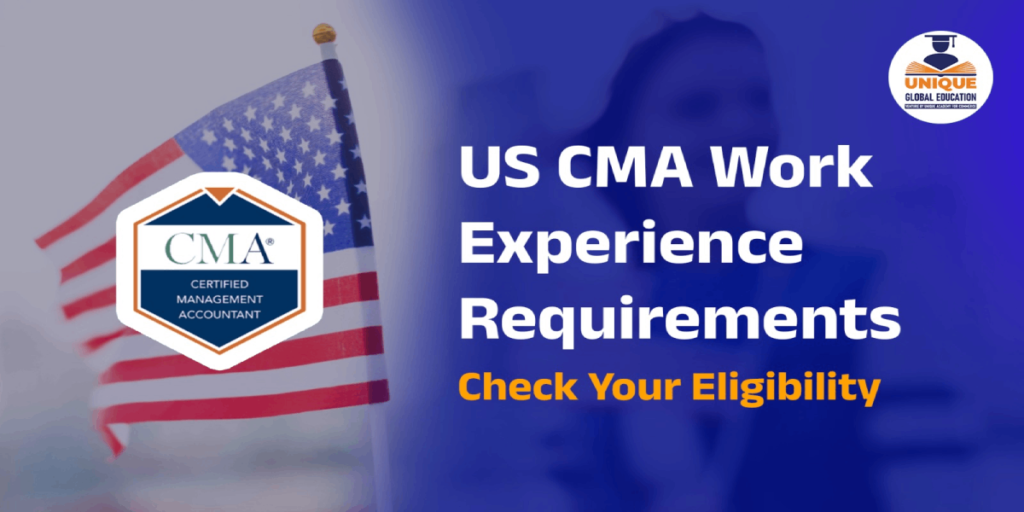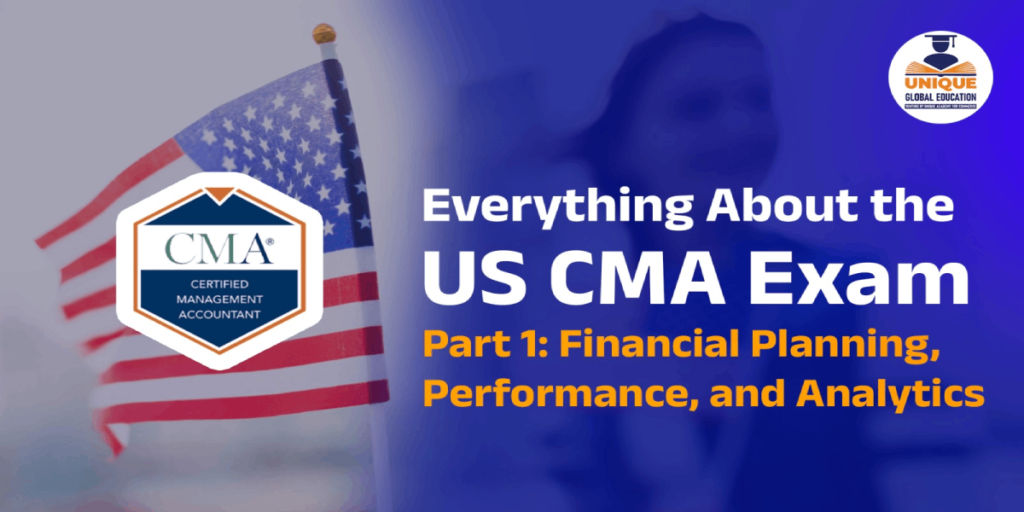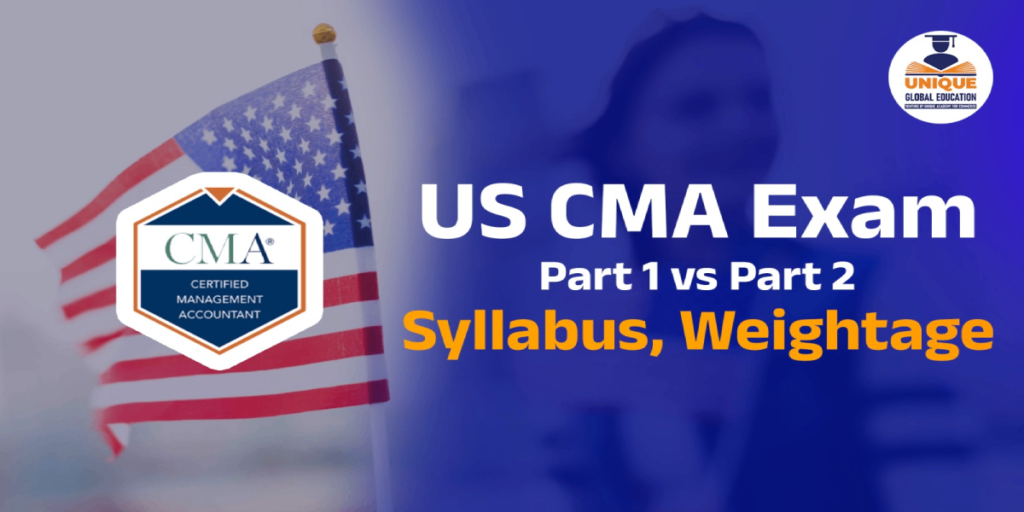In today’s dynamic business environment, companies want finance professionals who do more than crunch numbers; they must see the strategy, drive the performance, and help shape the businesses of tomorrow. Enter the US CMA (Certified Management Accountant) right then and there.
Globally accepted and recognized by the Institute of Management Accountants (IMA), the US CMA certification provides career prospectives with an opportunity to acquire a unique blend of financial expertise and strategic management skill set. But what is it that makes US CMA professionals so important? What are some of the skills that they have that make a difference in business?
In this blog, we’ll analyse the different skills related to the top US CMA accounting skills that, once attained, will enable you to stand out from the competition and set you up for a thriving career in accounting, finance, or business leadership.
Table of Contents
1. Financial Planning and Analysis (FP&A)
Financial planning, budgeting, and forecasting is one of the fundamental topics in the US CMA. As a CMA, you’ll know how to:
- Create accurate financial forecasts
- Design flexible budgets
- Carry out the variance analysis to follow the progress
It is one that is critical across all industries, as companies rely on their FP&A practitioners to help them forecast and support the management of cash flows and inform the big decisions that propel the business forward.
Why it matters: During uncertainty or a downturn, CMAs help businesses remain nimble by changing forecasts and advising on financial strategies to preserve profits.
2. Cost Management and Optimization
Their training program also includes cost analysis, standard costs and cost control systems. You learn how to perform:
- Activity-based costing (ABC)
- Job order and process costing
- Break-even and marginal analysis
It is of paramount importance in industries (manufacturing, logistics, FMCG and services) where the cost management would have an immediate effect on the profitability.
Why it matters: As global competition intensifies and input costs increase, firms need CMAs to ensure resources are used effectively and margins are improved — without reducing the quality.
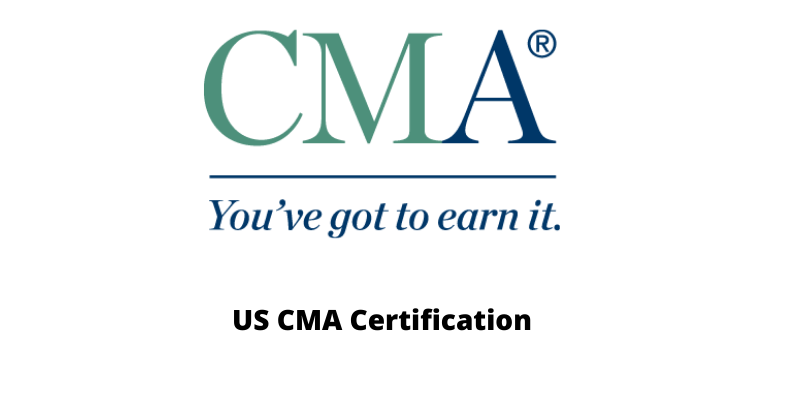
3. Strategic Decision-Making
US CMA is more than managing accounts, it’s knowing the bigger picture. You are trained to think strategically through the course work in:
- Capital budgeting (NPV, IRR, Payback)
- Investment appraisal techniques
- Risk analysis in decision-making
You are trained to issue sound, financially responsible recommendations that are consistent with your business objectives.
Details: CMAs frequently have a seat at the table with senior leadership when discussing growth plans, acquisitions or launching new products. Your ability to postulate long term value makes you a key strategic counsellor.
4. Performance Management
Professionals in the CMA field are skilled at creating and assessing both performance measures based on:
- Balanced scorecard
- Key Performance Indicators (KPIs)
- Benchmarking and productivity analysis
You’re the one who helps companies measure what matters — and then, if need be, fix whatever doesn’t.
Why it matters: Companies are shifting from “output-based” to “outcome-based” assessment. Form – Execution CMAs link performance to strategy and accountability.
5. Internal Controls and Risk Management
US CMA materials discuss internal control, corporate governance, and enterprise risk management. You’ll know how to:
- Identify financial and operational risks
- Recommend internal control systems
- Enforce laws and regulations
Why it matters: As fraud risks and regulatory requirements (i.e., SOX in the US) continue to escalate, CMAs are critical for minimizing any potential damage to the integrity of the organization.
6. Ethics and Professionalism
Ethical conduct and integrity are some of the longstanding hallmarks of the US CMA certification. The IMA Statement of Ethical Professional Practice is the program’s foundation.
You’re taught to:
- Recognize ethical issues involved in the reporting of financial information
- Uphold transparency and confidentiality
- what’s best for you and the business!”
Why it matters: At a time of corporate excesses, companies are keen to hire morally upstanding finance professionals. CMA-certified professionals are seen as counsellors you can trust.
7. Data Analysis and Reporting
CMAs should be knowledgeable in data management and reporting that supports business analysis. You’ll gain expertise in:
- Interpreting financial and non-financial data
- Building dashboards that can use Excel or BI solutions
- Presenting insights clearly to management
The big picture: In a world of data today, it’s not just about collecting the info, but understanding it. CMAs connect the dots between numbers and what you can do with them.
Get Details for US CMA Online & Face to Face Batches
8. Digital and Technological Competence
The US CMA course curriculum is regularly updated to reflect the current and latest topics of the following:
- ERP systems
- Cloud accounting
- Robotic Process Automation (RPA)
- Data visualization tools
It guarantees that you remain relevant in a tech-fuelled financial world.
Why it matters: Employers need finance experts who can learn to use digital tools and drive transformation projects. A CMA can allow companies to automate processes, minimize the potential for manual errors, and apply faster decision-making.
9. Global Business Acumen
The US CMA qualification is awarded to candidates in over 100 countries. You’re well-versed in best international practices such as:
- IFRS (International Financial Reporting Standards)
- Transfer pricing
- Foreign exchange and hedging
Why it matters: Multi-nationals want to hire CMAs who can manage cross border transactions, global reporting and financial analysis across markets.

10. Communication and Leadership Skills
CMAs, finally, aren’t simply bean counters in the back office. Both are trained to be a business partner — to think as you should:
- Deliver financial results to non-finance divisions
- Influence C-suite executives
- Manage finance orgs and cross company projects
Why it matters: Articulating insight in a way that people can understand is crucial to driving strategic decisions. This business leadership ability makes CMAs particularly successful in moving up to CFO, finance director, or CEO positions.
Industries Where CMA Skills Shine
Here are the skills you’ll draw on as a US CMA in different channels:
| Industry | How CMA Skills Help |
| Manufacturing | Cost control, efficiency analysis, budgeting |
| IT & Services | Project costing, KPI tracking, financial modelling |
| Healthcare | Risk management, cost-benefit analysis |
| Banking & Finance | Strategic planning, compliance, reporting |
| Retail & E-commerce | Performance monitoring, pricing decisions |
| Consulting & Advisory | Financial modelling, client advisory on cost & compliance |
Top Job Roles for CMAs
Your CMA abilities can take you anywhere … Just check out the list of career possibilities below:
- Financial Analyst
- FP&A Manager
- Cost Accountant
- Budget Analyst
- Business Controller
- Internal Auditor
- Finance Manager
- CFO (with experience)
Conclusion: Why These Skills Truly Make a Difference
US CMA is not Just Another Accounting Qualification. It’s an integrated package that combines finance, strategy, ethics and technology. The skills you acquire don’t just allow you to get a job — they enable you to transform business.
Whether you are a student wishing to distinguish yourself in the job market or an employee who wants to accelerate their career towards job promotions, CMA affords you the hand-up on our competition.
Thinking of pursuing US CMA?
Start with the right roadmap. During your prep, concentrate on getting the hang of these skills.
- FREE US CMA Study Planner required?
- Also, would you like to join our CMA WhatsApp discussion Groups for preparations, updates, and all details about CMA?
- Need some guidance from CMA experts?
Leave your email or message us below to get started. Your finance career starts right here
4. Performance Management
Professionals in the CMA field are skilled at creating and assessing both performance measures based on:
- Balanced scorecard
- Key Performance Indicators (KPIs)
- Benchmarking and productivity analysis
You’re the one who helps companies measure what matters — and then, if need be, fix whatever doesn’t.
Why it matters: Companies are shifting from “output-based” to “outcome-based” assessment. Form – Execution CMAs link performance to strategy and accountability.
5. Internal Controls and Risk Management
US CMA materials discuss internal control, corporate governance, and enterprise risk management. You’ll know how to:
- Identify financial and operational risks
- Recommend internal control systems
- Enforce laws and regulations
Why it matters: As fraud risks and regulatory requirements (i.e., SOX in the US) continue to escalate, CMAs are critical for minimizing any potential damage to the integrity of the organization.
6. Ethics and Professionalism
Ethical conduct and integrity are some of the longstanding hallmarks of the US CMA certification. The IMA Statement of Ethical Professional Practice is the program’s foundation.
You’re taught to:
- Recognize ethical issues involved in the reporting of financial information
- Uphold transparency and confidentiality
- what’s best for you and the business!”
Why it matters: At a time of corporate excesses, companies are keen to hire morally upstanding finance professionals. CMA-certified professionals are seen as counsellors you can trust.

7. Data Analysis and Reporting
CMAs should be knowledgeable in data management and reporting that supports business analysis. You’ll gain expertise in:
- Interpreting financial and non-financial data
- Building dashboards that can use Excel or BI solutions
- Presenting insights clearly to management
The big picture: In a world of data today, it’s not just about collecting the info, but understanding it. CMAs connect the dots between numbers and what you can do with them.
8. Digital and Technological Competence
The US CMA course curriculum is regularly updated to reflect the current and latest topics of the following:
- ERP systems
- Cloud accounting
- Robotic Process Automation (RPA)
- Data visualization tools
It guarantees that you remain relevant in a tech-fuelled financial world.
Why it matters: Employers need finance experts who can learn to use digital tools and drive transformation projects. A CMA can allow companies to automate processes, minimize the potential for manual errors, and apply faster decision-making.
9. Global Business Acumen
The US CMA qualification is awarded to candidates in over 100 countries. You’re well-versed in best international practices such as:
- IFRS (International Financial Reporting Standards)
- Transfer pricing
- Foreign exchange and hedging
Why it matters: Multi-nationals want to hire CMAs who can manage cross border transactions, global reporting and financial analysis across markets.
10. Communication and Leadership Skills
CMAs, finally, aren’t simply bean counters in the back office. Both are trained to be a business partner — to think as you should:
- Deliver financial results to non-finance divisions
- Influence C-suite executives
- Manage finance orgs and cross company projects
Why it matters: Articulating insight in a way that people can understand is crucial to driving strategic decisions. This business leadership ability makes CMAs particularly successful in moving up to CFO, finance director, or CEO positions.
Industries Where CMA Skills Shine
Here are the skills you’ll draw on as a US CMA in different channels:
| Industry | How CMA Skills Help |
| Manufacturing | Cost control, efficiency analysis, budgeting |
| IT & Services | Project costing, KPI tracking, financial modelling |
| Healthcare | Risk management, cost-benefit analysis |
| Banking & Finance | Strategic planning, compliance, reporting |
| Retail & E-commerce | Performance monitoring, pricing decisions |
| Consulting & Advisory | Financial modelling, client advisory on cost & compliance |
Top Job Roles for CMAs
Your CMA abilities can take you anywhere … Just check out the list of career possibilities below:
- Financial Analyst
- FP&A Manager
- Cost Accountant
- Budget Analyst
- Business Controller
- Internal Auditor
- Finance Manager
- CFO (with experience)
Conclusion: Why These Skills Truly Make a Difference
US CMA is not Just Another Accounting Qualification. It’s an integrated package that combines finance, strategy, ethics and technology. The skills you acquire don’t just allow you to get a job — they enable you to transform business.
Whether you are a student wishing to distinguish yourself in the job market or an employee who wants to accelerate their career towards job promotions, CMA affords you the hand-up on our competition.
Thinking of pursuing US CMA?
Start with the right roadmap. During your prep, concentrate on getting the hang of these skills.
- FREE US CMA Study Planner required?
- Also, would you like to join our CMA WhatsApp discussion Groups for preparations, updates, and all details about CMA?
- Need some guidance from CMA experts?
Leave your email or message us below to get started. Your finance career starts right here
Get Details for US CMA Online & Face to Face Batches

